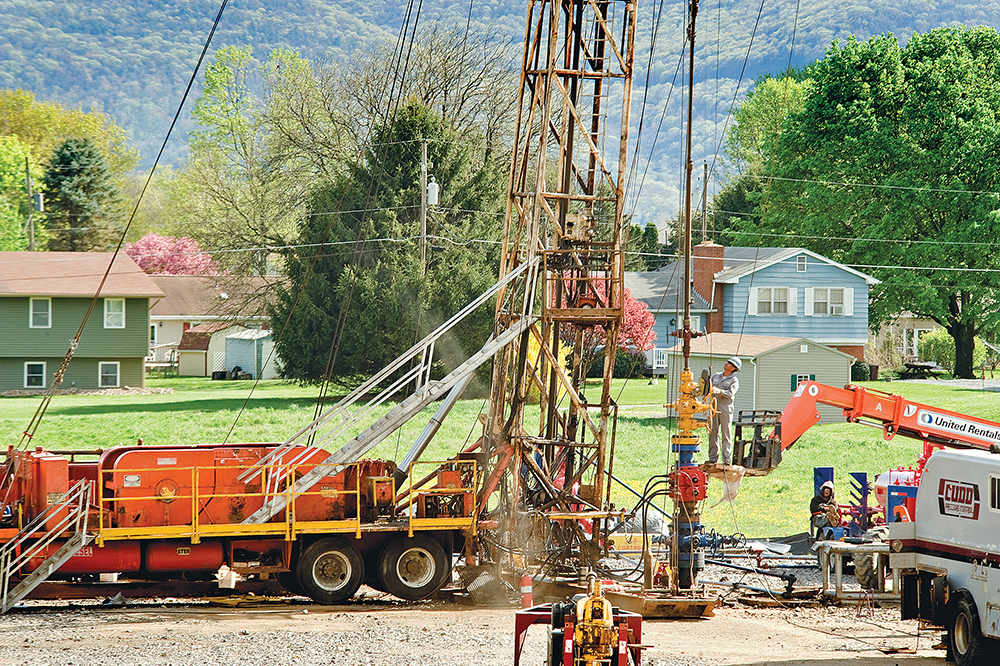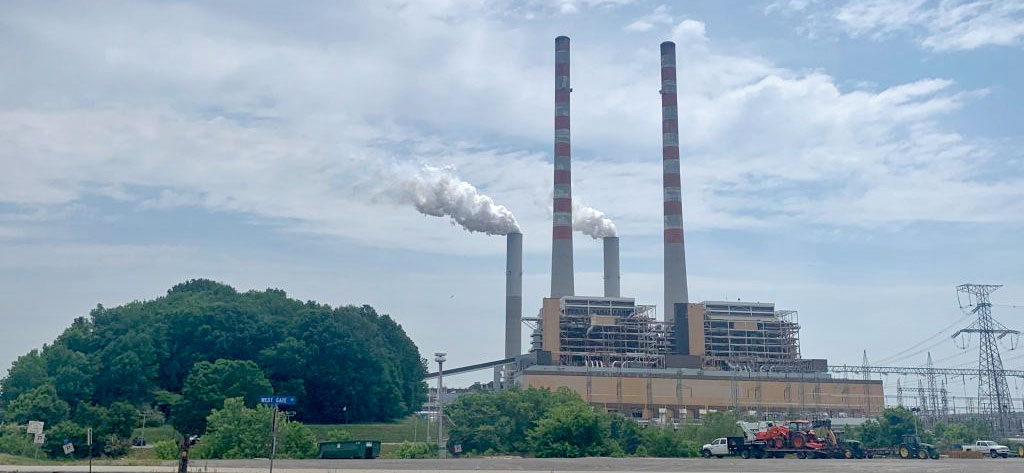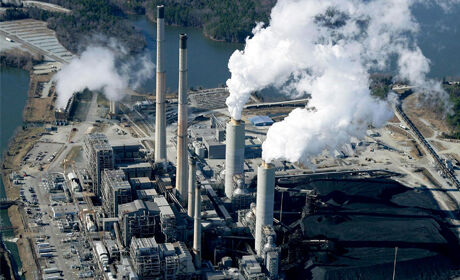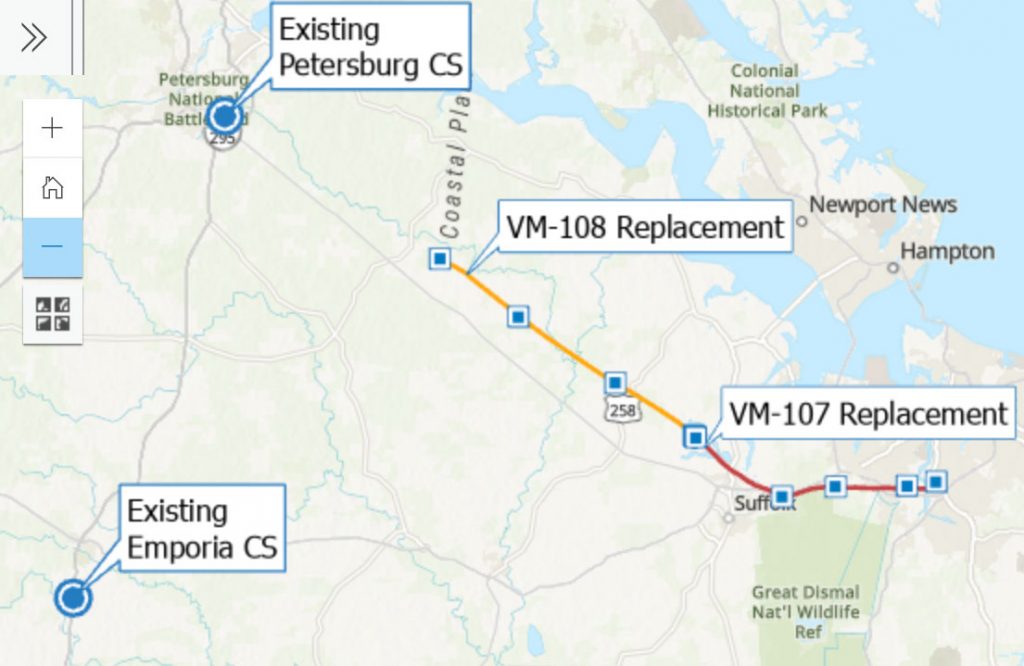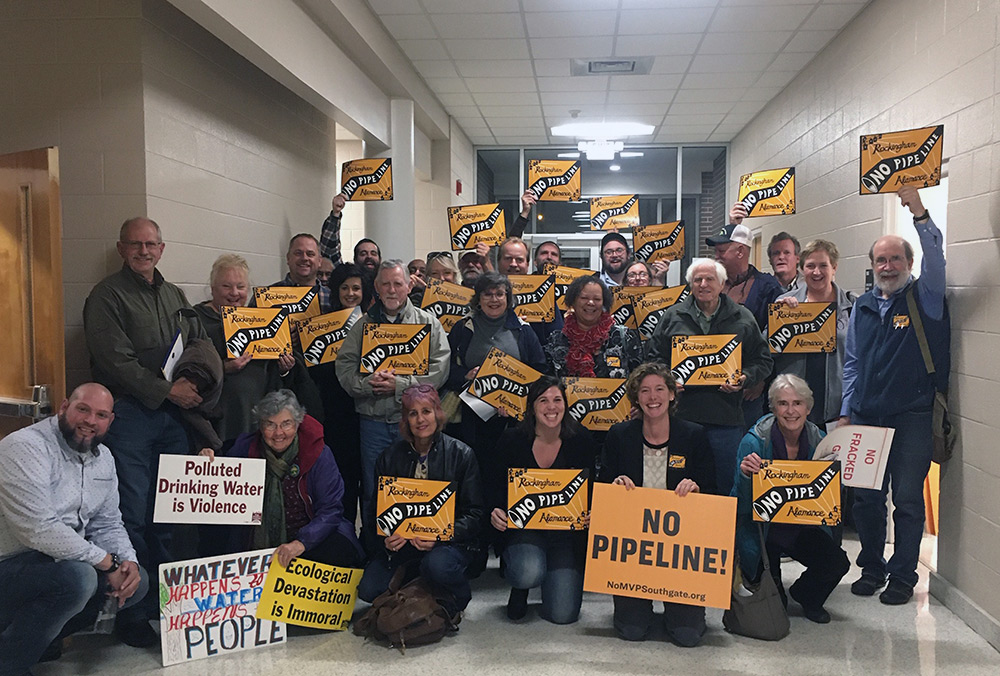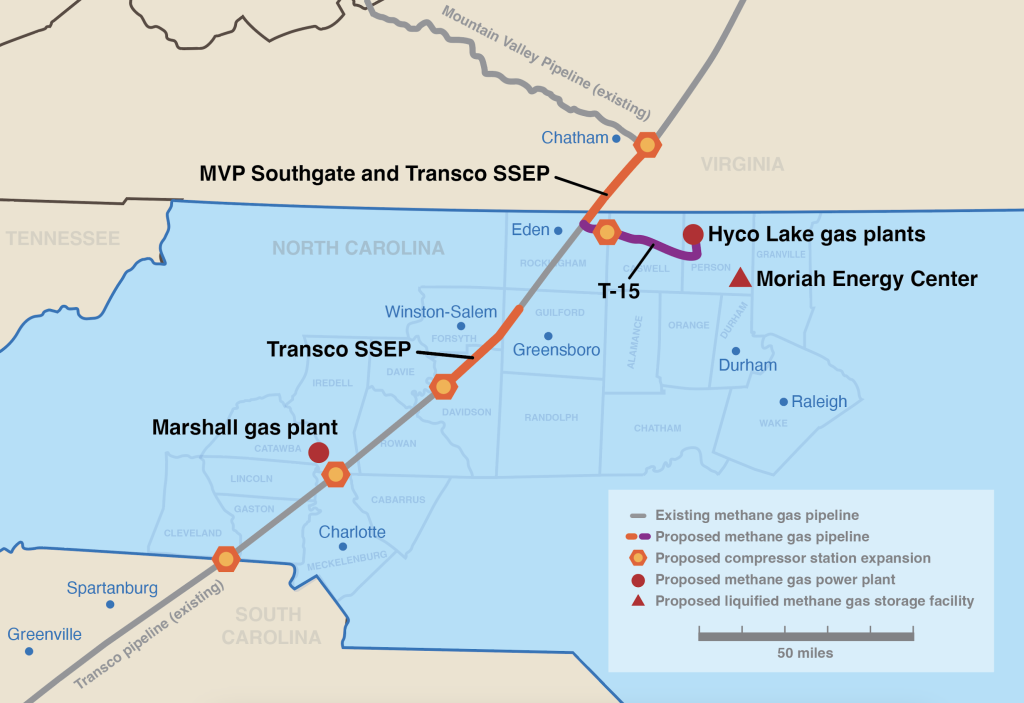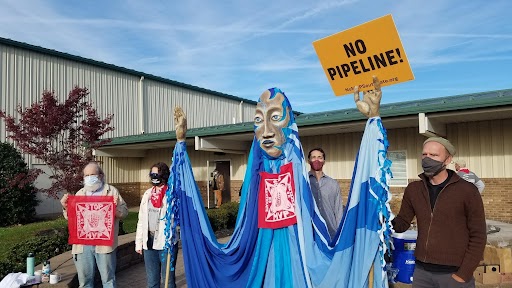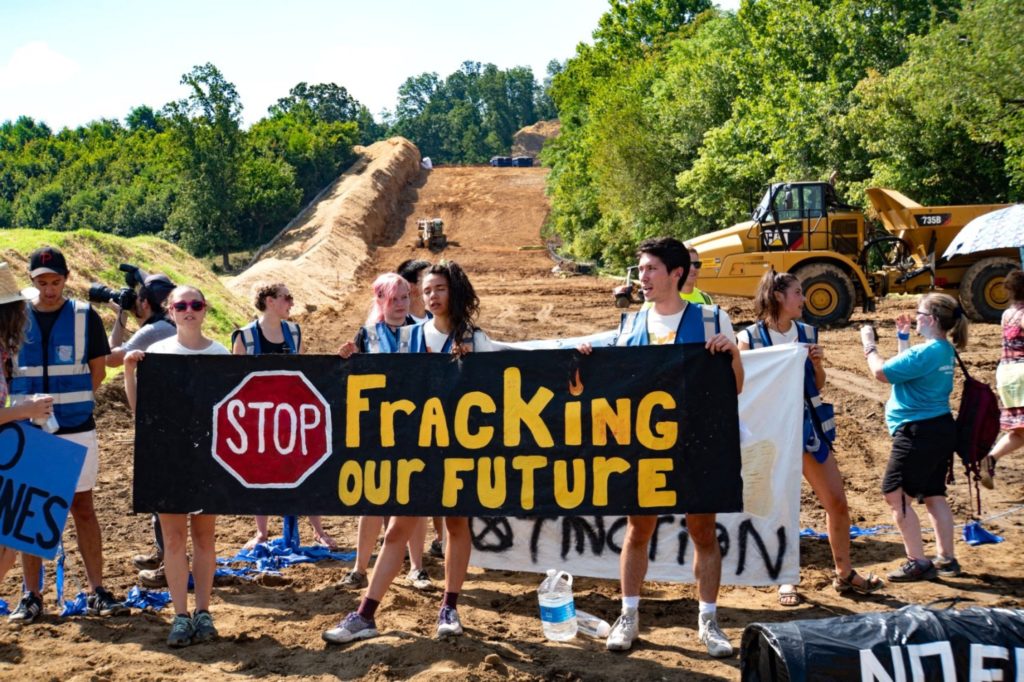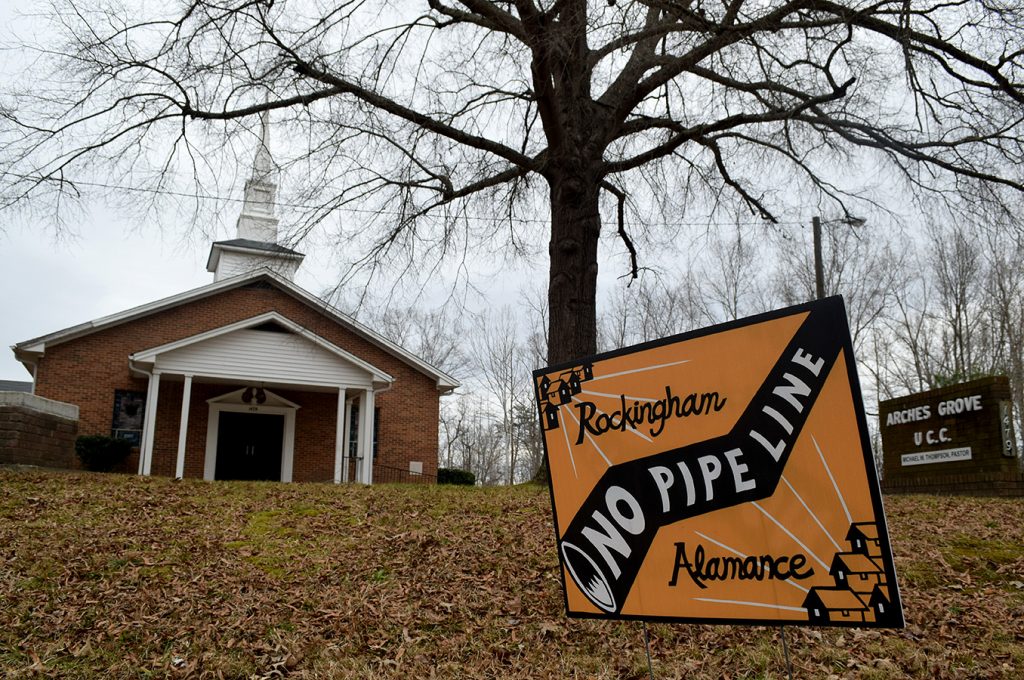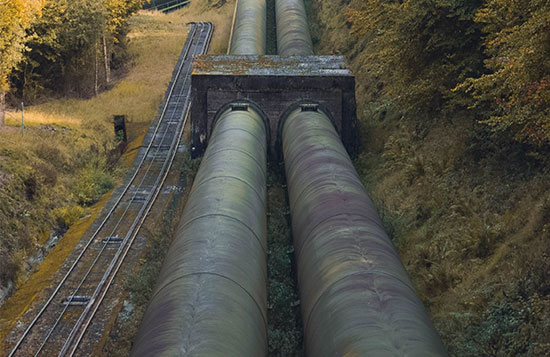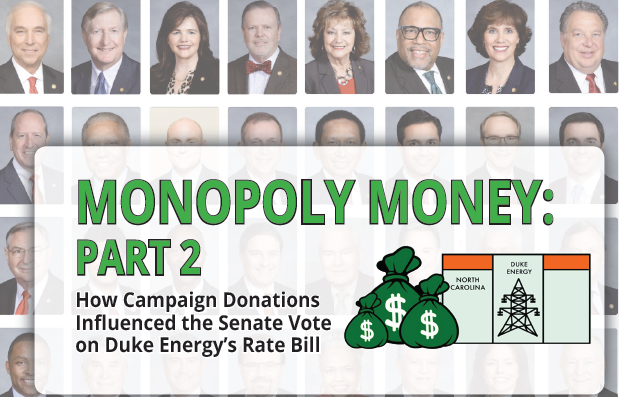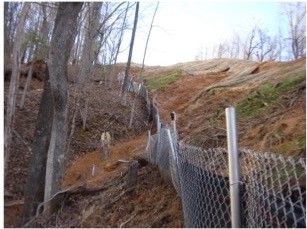Stop Pipelines & Fracked Gas

Photo By Sierra Shamer / Fractracker
Two decades ago, so-called natural gas exploded on the American energy market, pushed by the industry as a supposedly clean “bridge” fuel to transition the economy from dirty coal to renewable sources of electricity generation like solar and wind.
But this gas is far from clean. From the time that it is extracted using a destructive drilling method called fracking, its transport through pipelines, train cars and trucks, to the power plants where it is burned, the dire environmental and human costs of this fossil fuel are now abundantly clear. In particular, this polluting infrastructure is often sited in communities of color, lower-income areas and other environmental justice communities.
Studies show that investments in renewable energy and energy efficiency are on par with, or sometimes more affordable than, building new gas infrastructure. Many states are enacting policies to tap into the rising solar and wind sector. Yet the fossil fuel industry is rushing to build methane gas pipelines and power plants to squeeze as much profit as possible out of the waning fuel, putting most of the financial risk on customers.
Appalachian Voices is tackling the spread of fracked gas head-on by legally challenging fossil fuel proposals and pushing back against the antiquated policies and rubber-stamping agencies that govern the development of gas infrastructure. We are also partnering with communities in the fight against new fossil fuel infrastructure, providing resources and training to bolster local opposition. And we are pressuring decision-makers to force them to consider the harm to communities threatened by polluting energy development.
And the tide is starting to turn. In July 2020, Duke Energy and Dominion Energy canceled the 600-mile Atlantic Coast Pipeline. The massive fossil fuel project was riddled with problems, starting with the fundamental fact it was not needed to meet energy demand. Standing beside the many communities and organizations that made this historic victory possible, we’re taking this momentum and applying it toward the fight against other destructive, climate-harming projects that threaten community safety, our clean air and water, and that would raise electricity costs for residents.

Latest News
Pipelines Continue to Face Obstacles
As the Mountain Valley Pipeline continues to cause problems and spark protests, the Atlantic Coast Pipeline faces new legal troubles.
Mountain Valley Pipeline Southgate Public Comment Period Begins
The Federal Energy Regulatory Commission will be accepting public comments on the 73-mile fracked-gas pipeline through Sept. 16, 2019.
W.V. Landowners Win Case Against Fracking Company
West Virginia’s highest court unanimously ruled that mineral companies may not use surface owners’ land to reach gas reserves under adjacent properties without obtaining their express permission.
Report: No convincing evidence that Mountain Valley Pipeline Southgate is needed
Today the Applied Economics Clinic (AEC), a nonprofit…
Energy Justice coalition reveals “pay-to-play” ties between Duke Energy, N.C. lawmakers
The Energy Justice North Carolina Coalition released a…
Mountain Valley Pipeline soils all in its path
Trained citizen monitors in Va. and W.Va. have documented hundreds of violations and possible violations from construction along the Mountain Valley Pipeline. They continue calling for an immediate stop-work order from regulators.

